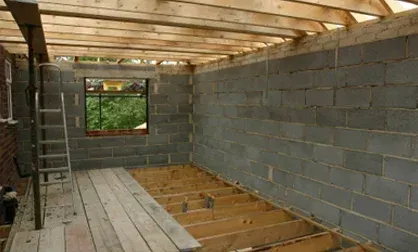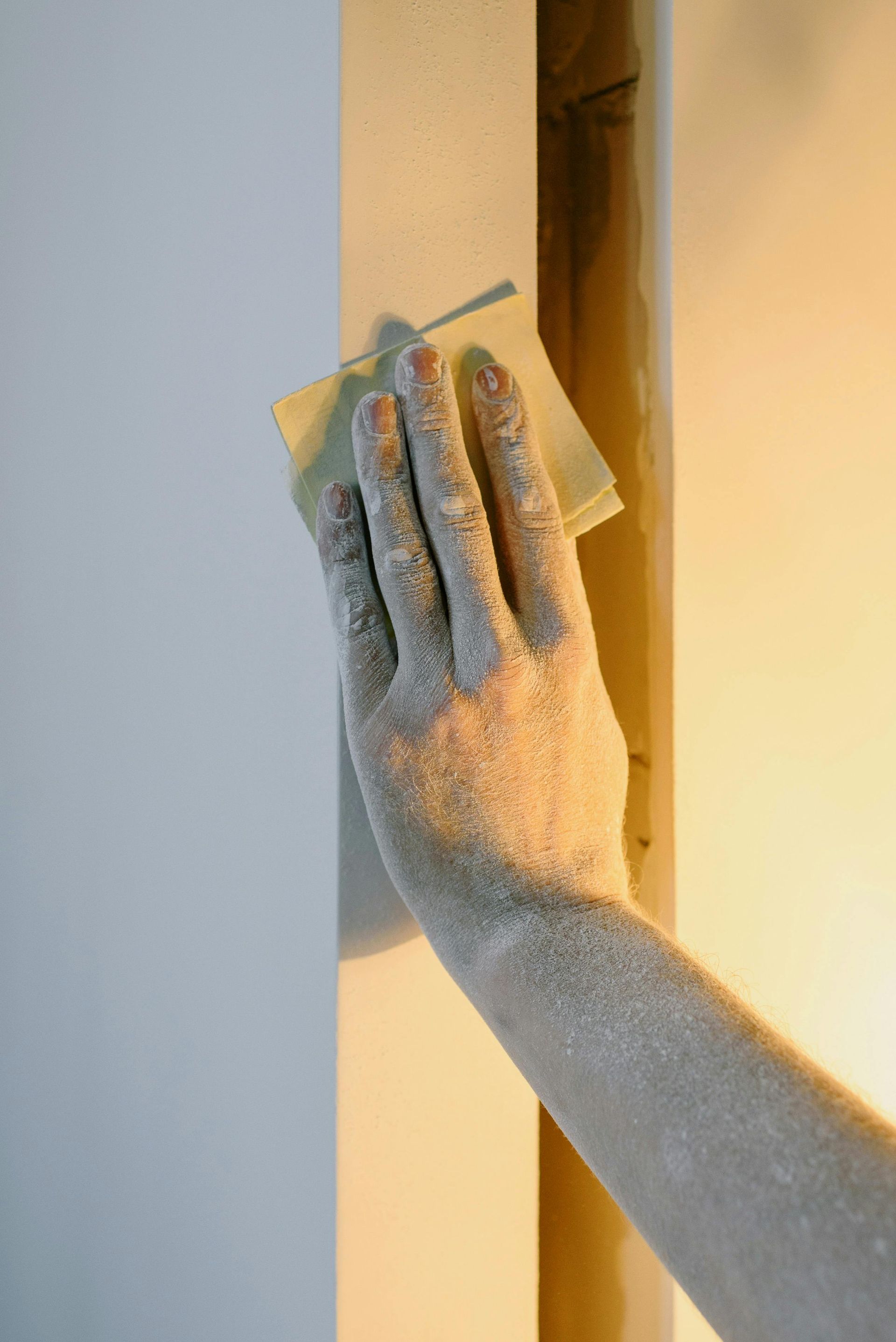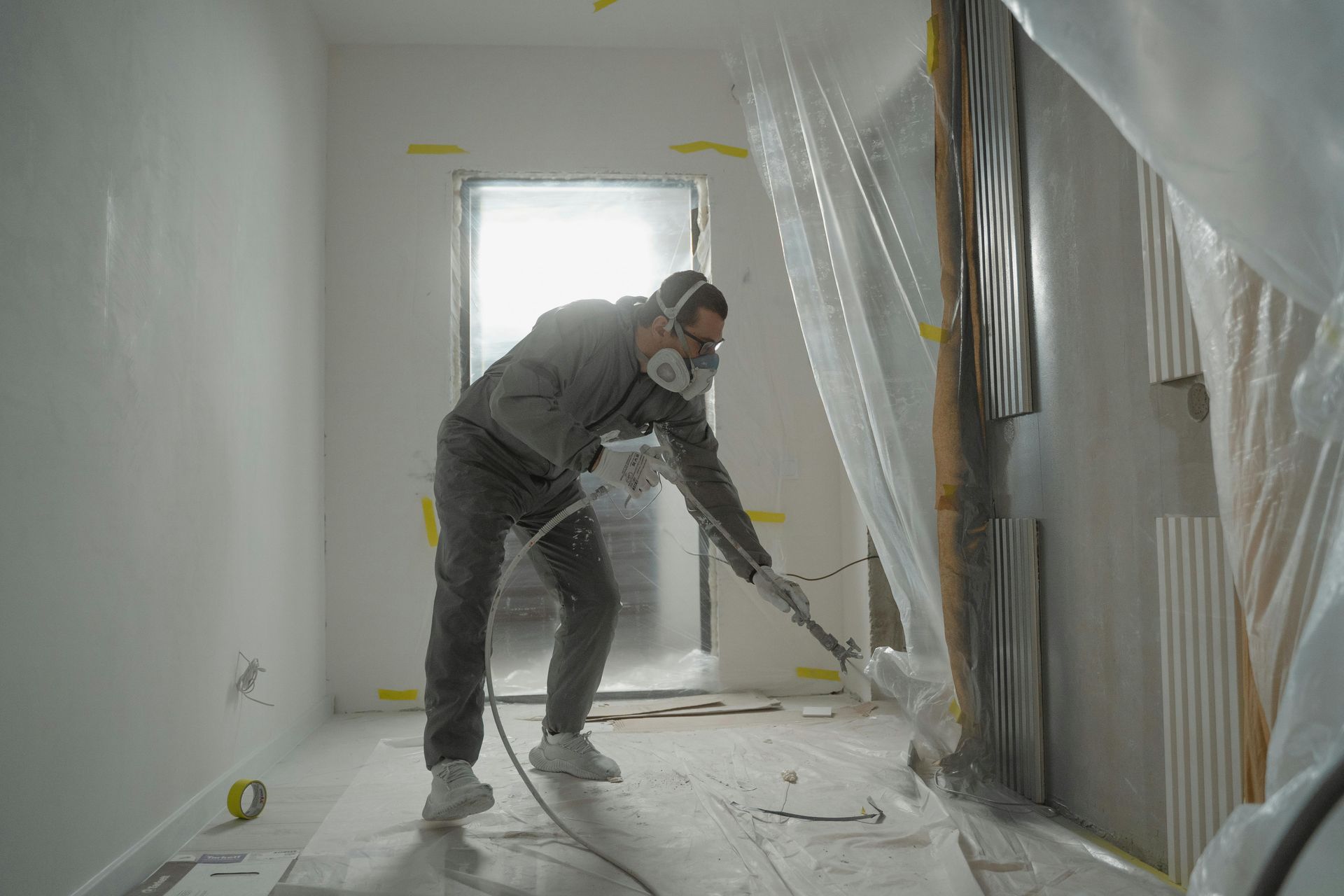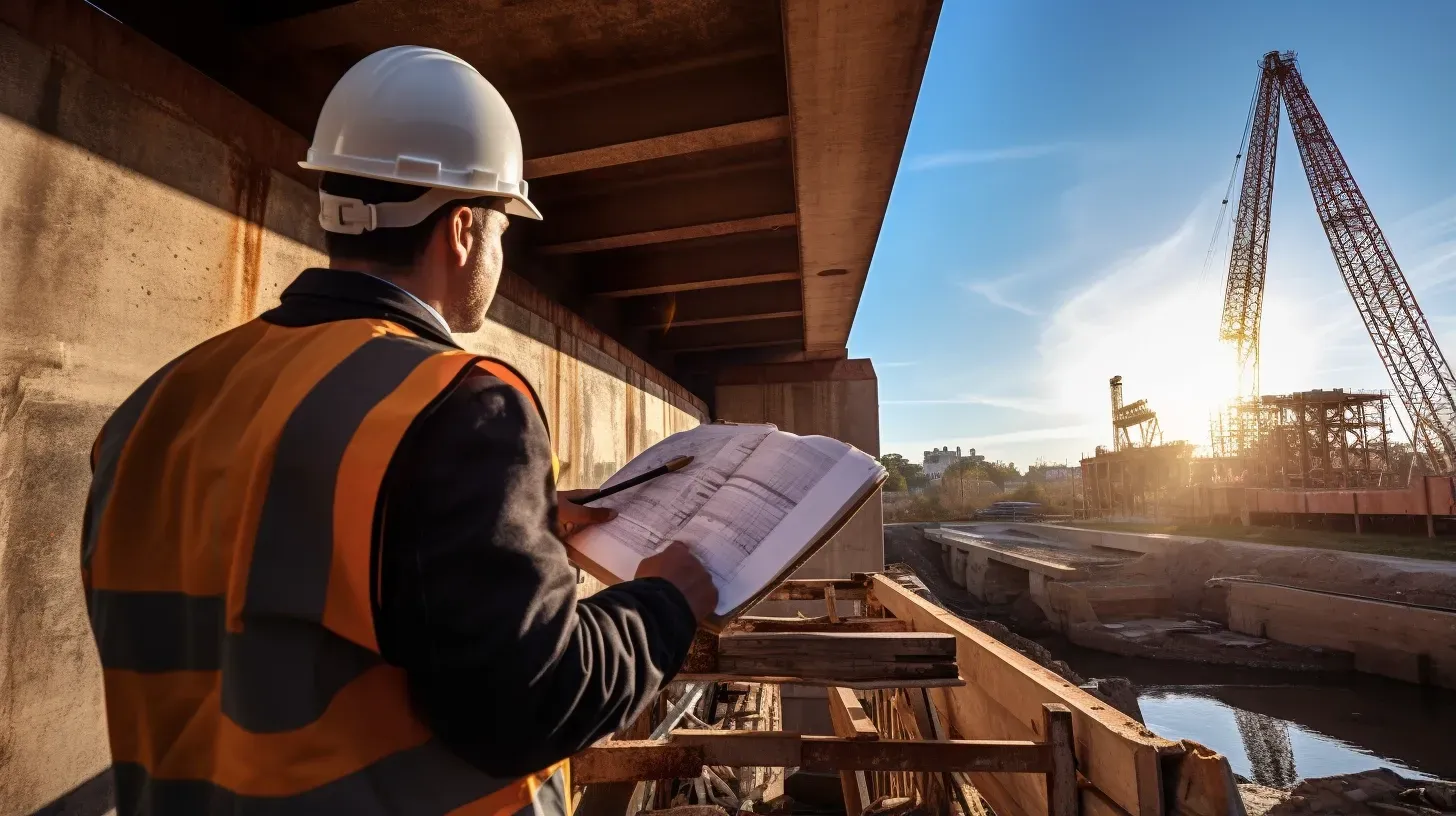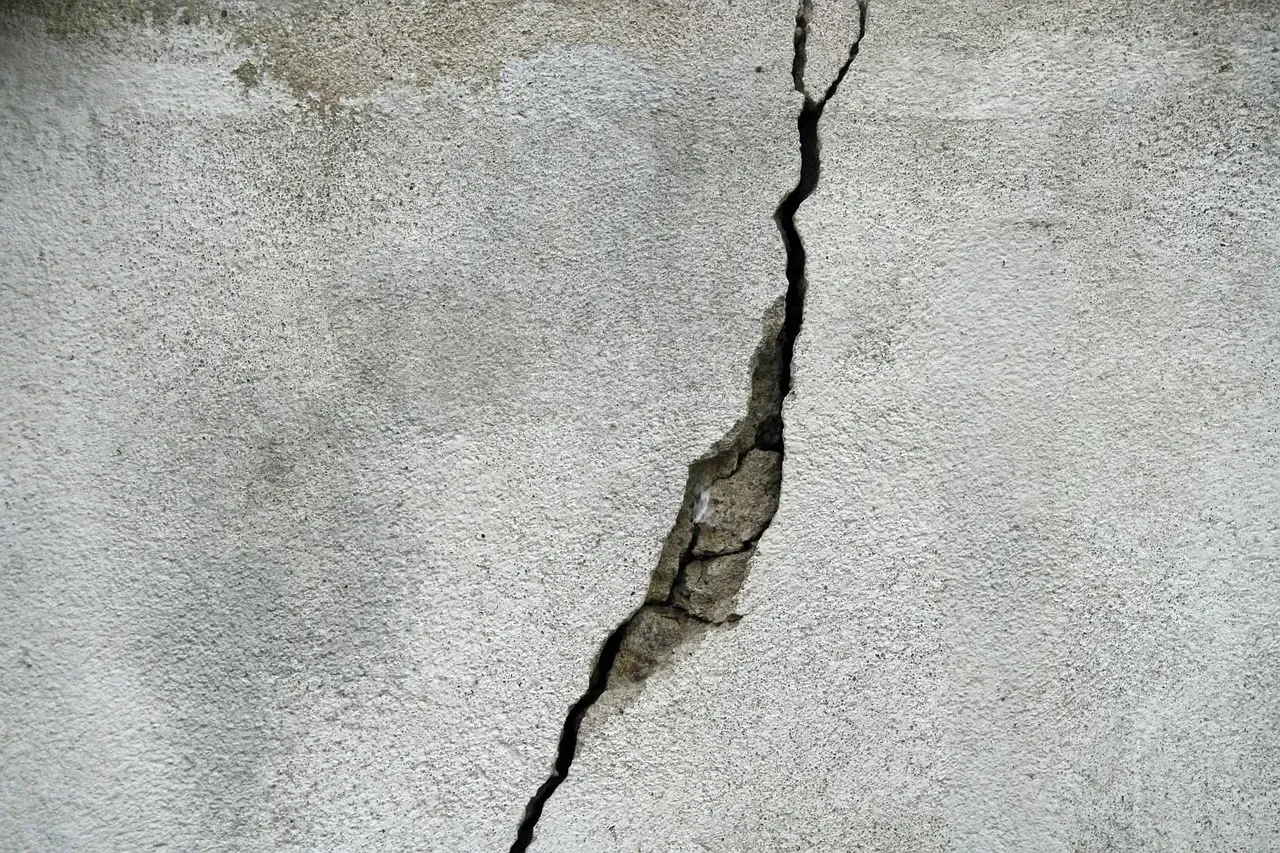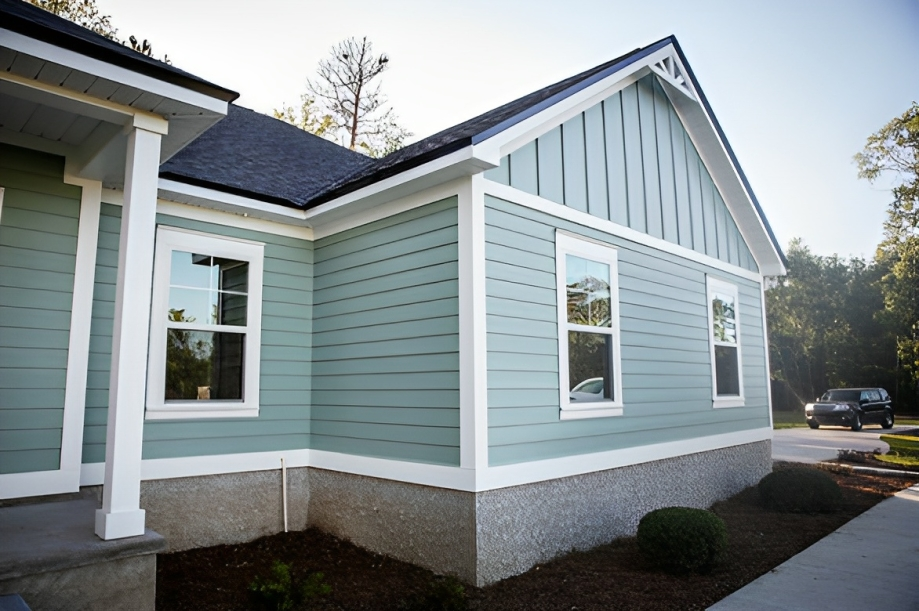Types of Foundation Repair Methods: A Comprehensive Guide
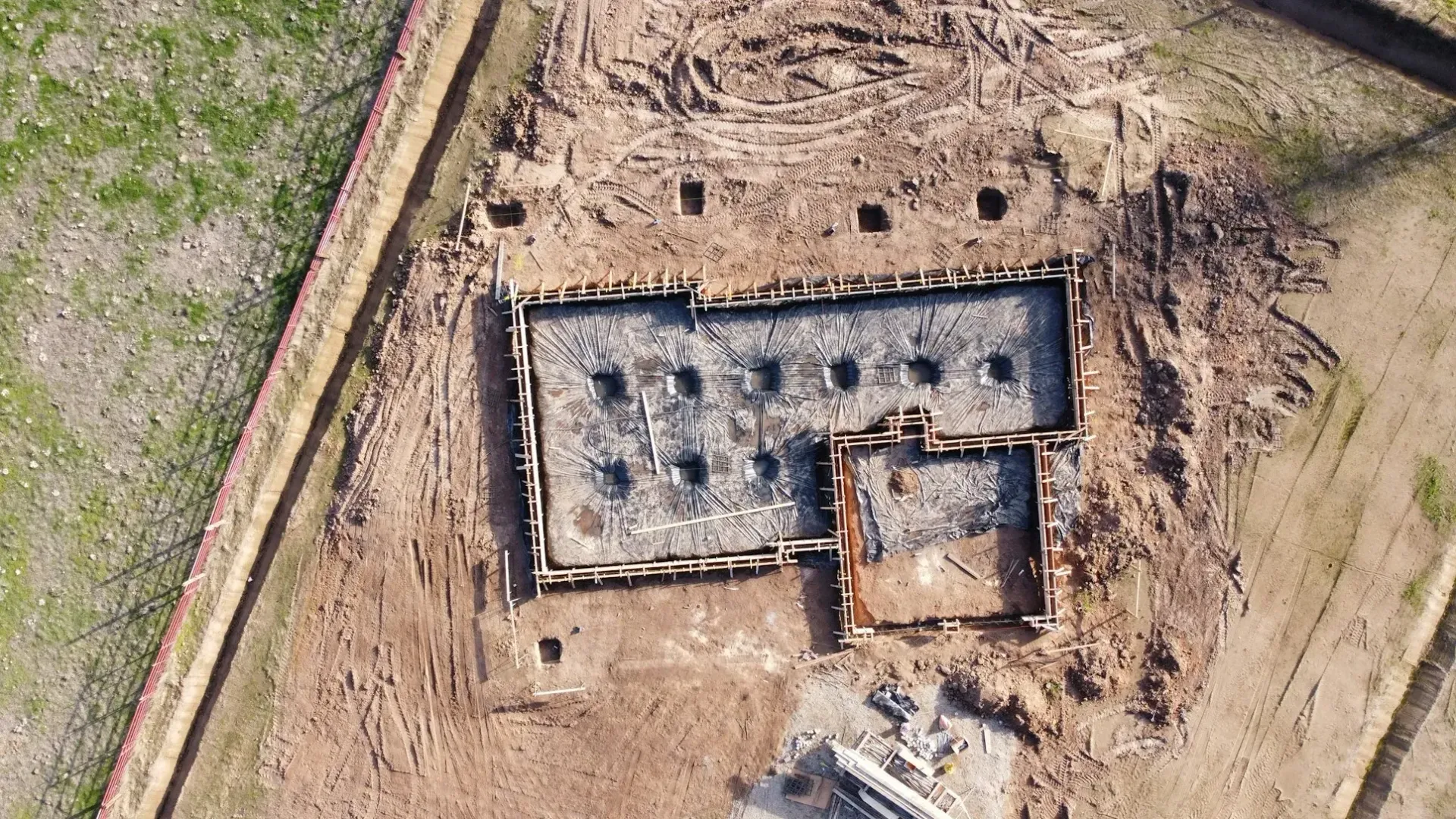
Understanding the various foundation repair methods is key to addressing these issues effectively. From piers to underpinning, helical piles to wall bracing, each method offers a tailored solution to different foundation woes.
This guide dives deep into the common foundation repair techniques, helping you navigate through your options with ease. Let's explore how to keep your foundation solid and your home safe.
Pier Repair Method
Pier repair stands out as a solid choice for fixing foundation issues, especially settling and instability. It works by driving steel or concrete piers deep into the soil underneath the foundation. This process not only stabilizes the foundation but can also lift it back to its original level. Let's look closer:
Steel Piers make their way into the soil until they hit a stable layer. This method is quick, causes little mess, and promises durability.
Helical Piers are a bit different. Think of them as giant screws. They're twisted into the ground and are perfect when you need to stabilize and lift lighter structures.
Pros:
- Versatile across different soil types.
- Low impact on your yard.
- Installation can happen come rain or shine.
Cons:
- The price tag can be high, depending on how deep they need to go and how many you need.
- This is a job for the pros, not a weekend DIY project.
Pier repair can be a game-changer for your home's foundation, preventing future headaches and potentially hefty repair bills.
Underpinning
When your foundation needs more than just stabilization, underpinning is the heavyweight solution that can prevent further sinking or settling. This method strengthens an existing foundation by extending it deeper into the soil. Here’s the scoop on underpinning:
Mass Concrete Underpinning is the traditional approach. It involves excavating sections beneath the existing foundation and filling these with concrete. It’s simple and effective, especially for shallow underpinning.
Beam and Base Underpinning uses a reinforced concrete beam to support the foundation. This method is adaptable to different soil types and foundation conditions.
Mini-Piled Underpinning reaches depths of up to 15 meters, making it ideal for soil with poor conditions or in areas with access restrictions.
Pros:
- Provides long-term stability for your foundation.
- Suitable for a variety of building types and soil conditions.
- Can address severe foundation issues.
Cons:
- Can be more disruptive and time-consuming than other methods.
- Typically more expensive due to the extensive work involved.
Underpinning is a serious intervention for serious foundation problems. It’s about giving your home a solid base to stand on for years to come.
Helical Piles
Helical piles provide a quick-fix for shaky foundations, working much like screws that tether your home firmly to the ground. This method shines where traditional fixes might stumble, offering a less invasive option. Here's the lowdown:
How They Work: Picture drilling a giant screw into the earth until it hits stable ground. That's essentially what happens with helical piles. They're perfect for both light sheds and hefty buildings, going in fast with hardly any yard mess.
Why Choose Them?
- Speedy and Tidy: They go in without the need for big digs, keeping your yard neat.
- Fits Most Needs: Whether it's sand or clay beneath your home, helical piles adjust well. They're a go-to for various building types.
- Ready on the Spot: These piles are ready to support your home right after installation. No waiting necessary.
The Catch
- Price Tag: They might nudge your budget more than other methods, especially if deep drilling is needed.
- Experts Only: You'll need pros for this. Helical pile installation isn't a weekend DIY adventure.
Helical piles are your modern anchor for a stable home, with the bonus of keeping your landscape intact.
Wall Bracing
Wall bracing is your go-to when foundation walls start bowing inward due to pressure from the outside, typically from soil or water. This method bolsters your walls, preventing further movement and stabilizing the structure. Dive into the details:
Types of Braces: You've got options—steel beams or carbon fiber strips are the most common. Steel beams offer rugged support for severe bowing, while carbon fiber is sleek and less intrusive, perfect for minor adjustments.
Installation Simplicity: Braces are attached directly to the wall, anchoring it against further movement. It's a straightforward process but requires precision to ensure effective stabilization.
Pros:
- Versatile: Works for different levels of wall stress, from slight bowing to significant curves.
- Less Invasive: Unlike other methods, there's no need for extensive digging or soil disruption.
- Long-Term Solution: Provides durable support to prevent future wall movement.
Cons:
- Aesthetic Impact: Steel beams can be visually imposing. Carbon fiber is less noticeable but still alters the wall's appearance.
- Professional Installation Needed: Accuracy is key, making this a job for experienced technicians.
Wall bracing offers a targeted approach to secure your home's foundation walls, keeping them straight and stress-free.
Frequently Asked Questions
How long do foundation repairs typically last?
The longevity of foundation repairs varies by method, but many solutions are designed for the long haul. Piering and underpinning, for example, can last for decades when installed correctly. Regular maintenance can extend these lifespans even further.
Are there any environmentally friendly foundation repair methods?
Yes, several foundation repair methods minimize environmental impact. Helical piles, for instance, require less excavation and soil displacement. Choosing sustainable materials and methods that reduce the need for heavy machinery also helps.
Can foundation repairs affect my property value?
Definitely. Properly addressing foundation issues can significantly boost your property's value. It's a sign to potential buyers that the home is well-maintained. On the flip side, unresolved foundation problems can decrease a property's market value.
How often should I inspect my foundation?
Experts recommend inspecting your foundation at least once a year. Look for signs of damage like cracks, water damage, or uneven flooring. Early detection is key to preventing minor issues from becoming major expenses.
DIY Foundation Repair: Is it advisable to fix foundation issues on my own?
While small cracks might be manageable with DIY fixes, significant foundation repairs require professional expertise. Incorrectly addressing foundation problems can lead to more damage and higher costs in the long run.
What are some maintenance tips to prevent foundation damage?
Keeping water away from your foundation is crucial. Ensure good drainage by cleaning gutters and installing downspout extensions. Also, maintain consistent soil moisture levels around your home to prevent excessive expansion and contraction, which can stress your foundation.
Conclusion
In conclusion, understanding the various foundation repair methods is crucial for any homeowner facing foundation troubles. Whether it's the stabilizing force of piers and underpinning or the precision of helical piles and wall bracing, the right approach can make all the difference. Remember, tackling foundation issues early with the help of professionals can save time, money, and preserve your home's integrity. Armed with this guide, you're better prepared to identify and address your foundation repair needs.
Call to Action
If you're in Charlotte, Concord, Gastonia, Mooresville, Shelby, or surrounding areas and suspect your home might need foundation repair, don't wait. Contact Structural Works Group for expert advice and service. Our team specializes in structural repair, foundation repair, crawlspace remediation, and more, ensuring your home remains safe and secure. For a comprehensive home inspection, basement wall, concrete slab repairs, or wood deck inspection and repair, trust our experienced professionals. We also handle FHA, VA, and HUD foundation repairs. Let Structural Works Group be your first choice for all your foundation and structural repair needs. Reach out today and secure the foundation of your home for tomorrow.

